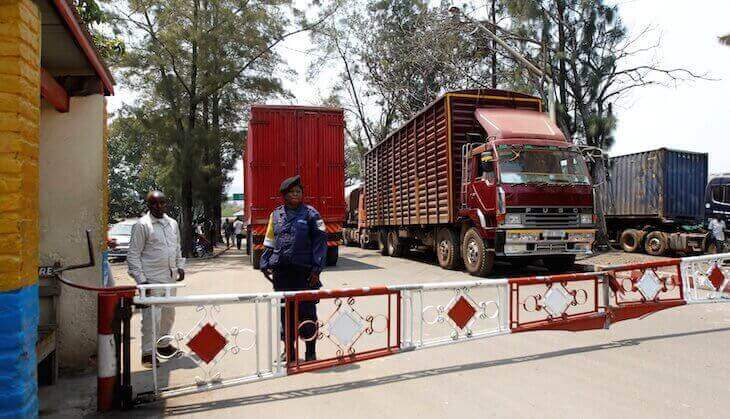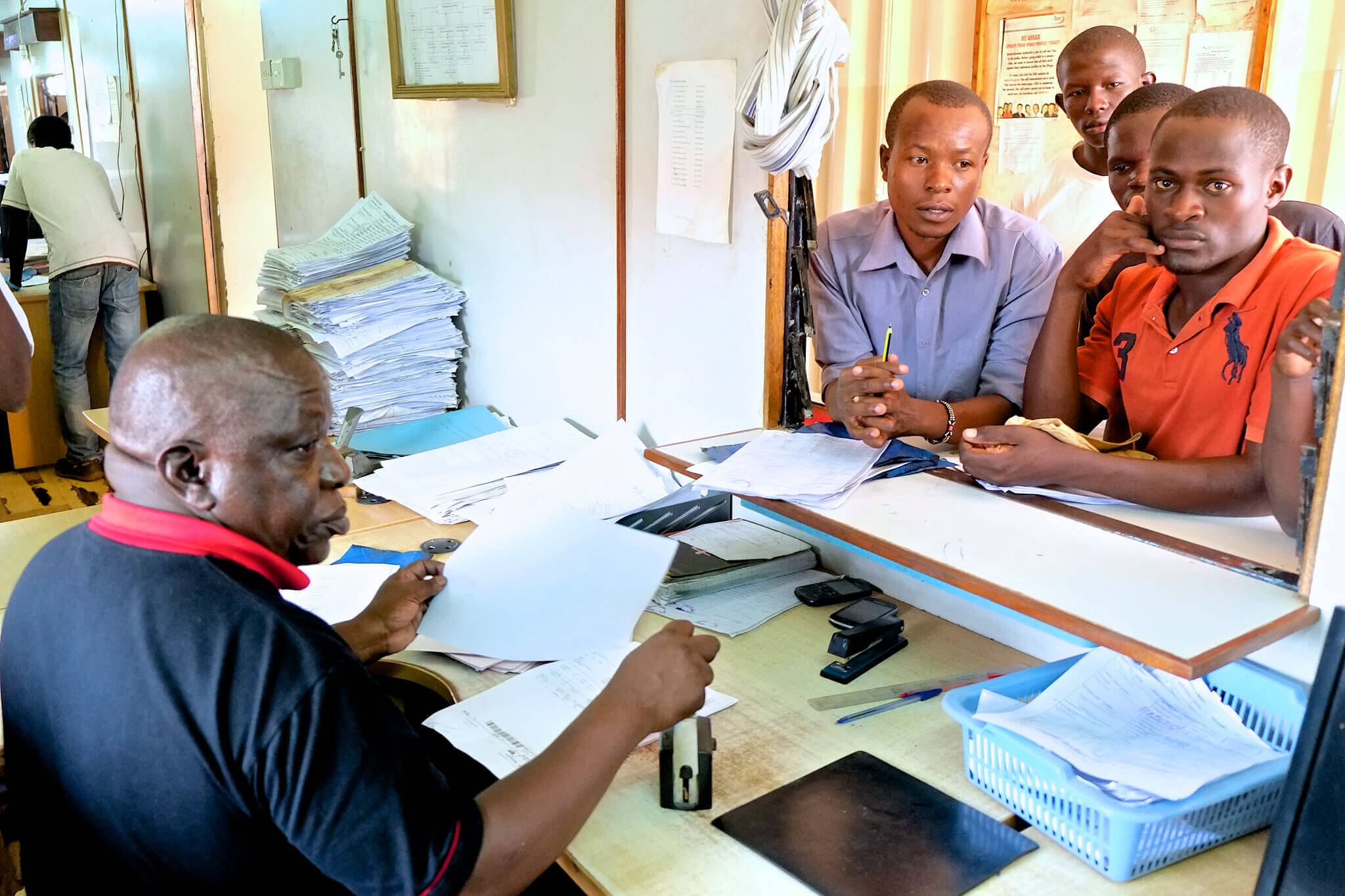[vc_row][vc_column][custom_inner_menus select_menu="project"][/vc_column][/vc_row][vc_row][vc_column][single_project_block_1 heading="Customs Enhancement Efficiency – AEO Scheme Digitalization" implementor="TMA , RRA" target_group="Rwanda" project_value="$200,000.00" implementation_period="2018-2022" download_btn_text="Download Project PDF" download_btn_link="#url"]The AEO Scheme Digitalization programme is building on what was achieved under the AEO project in Strategy 1 where a proper AEO scheme was established and at least 25 companies are subscribed to the scheme. The aim of the digitalization effort is to simplify the process of applying, auditing, vetting and accrediting a firm to AEO status. Included in the project is the incorporation of the Rwanda AEO scheme to the regional framework that will also be automated to enable mutual recognition of Rwanda AEO in other EAC member states. This initiative will result into: Reduced time of accreditation; Reduced cost for accreditation to businesses; Reduced time for vetting and auditing; Reduced costs for vetting and auditing; Mutual recognition of Rwanda AEO across borders (in EAC member states under similar schemes) What: The following are the main interventions/solutions being done: Automation of the Application process for AEO accreditation; Automation of the Vetting and Auditing Process; Automation of the accreditation process; Cross border information sharing with EAC member states on AEO Accreditation How: The project will be implemented by UNCTAD in conjunction with RRA. There will be a project team set up consisting of representation from RRA and private sector association. The project team will also coordinate activities with the EAC-wide project that is being run from Arusha. Contact: Jackie Zizane: [email protected] Jacob Hodari: [email protected] Doreca Musenga: [email protected] Lucy Mudaheranwa: [email protected] John Kulova: [email protected]...
Customs Enhancement Efficiency – AEO Scheme Digitalization
Posted on: June 4, 2019
Posted on: June 4, 2019


















